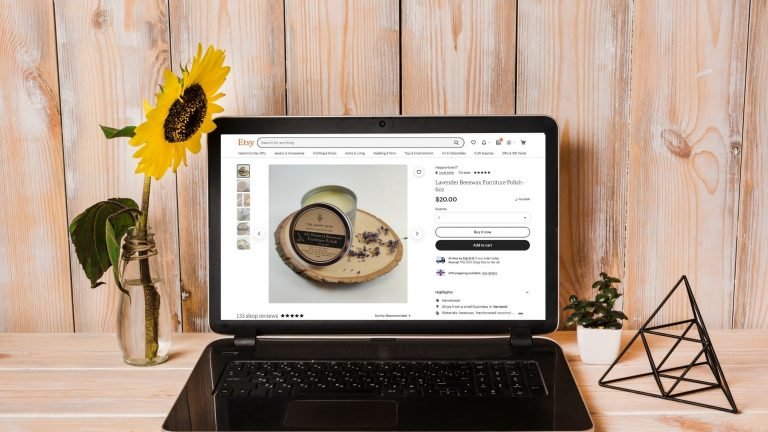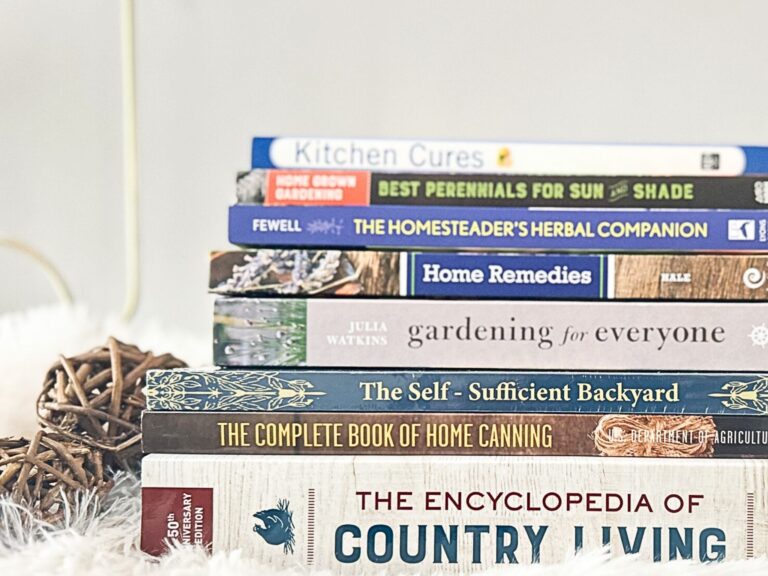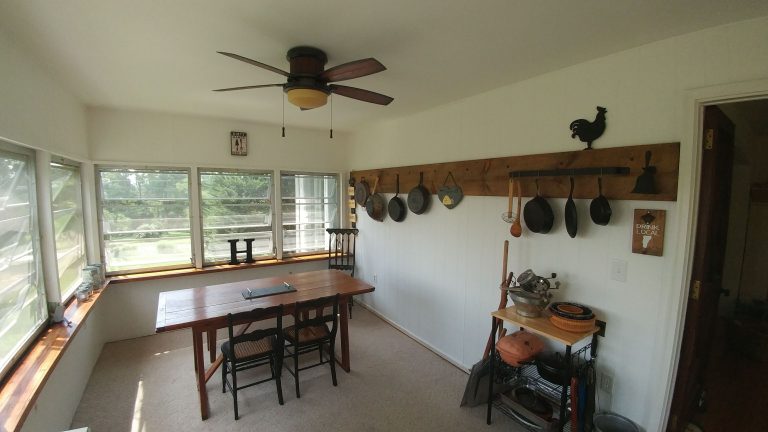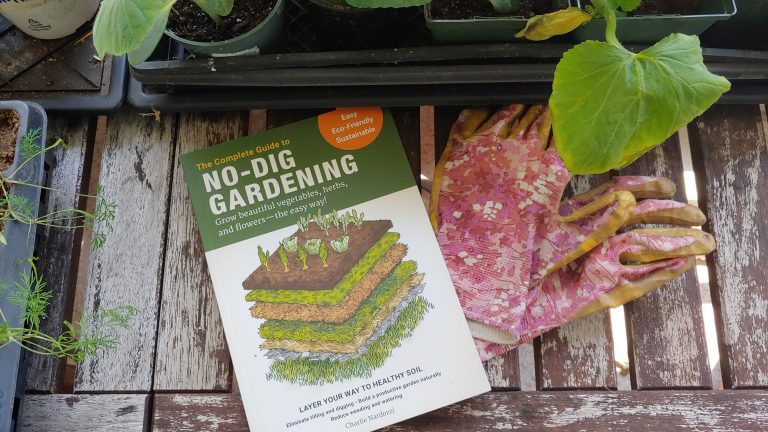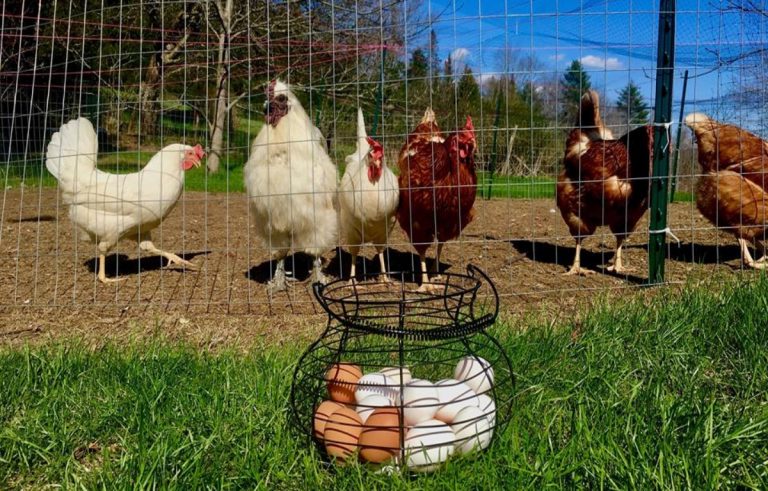This post may contain affiliate links.
Homesteading offers a path toward achieving personal fulfillment and self-sufficiency. It allows individuals to embrace a lifestyle that relies less on external sources and more on their own skills and resources.
By engaging in homesteading practices, one can gradually work towards becoming more self-reliant and less dependent on conventional systems. This journey towards self-sufficiency is a long-term commitment that requires careful planning and continuous learning.
As individuals venture on this journey, they may choose to develop skills in areas such as gardening, preserving food, raising livestock, and creating sustainable energy solutions.
Through these efforts, individuals can carve out a path toward a more fulfilling and self-sustainable future.
Below are ways to live a more self-sufficient (or self-reliant).
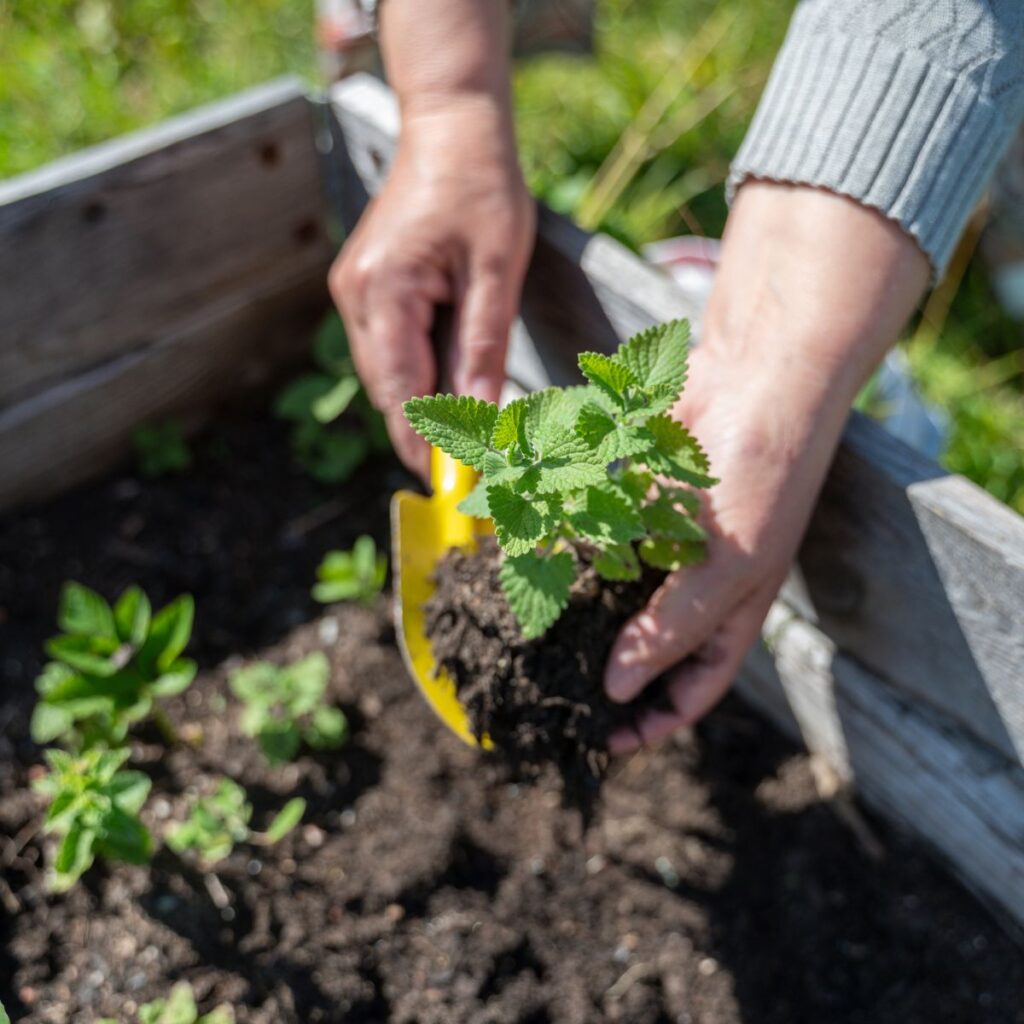
What does it mean to be self-sufficient?
Self-sufficiency refers to the ability of individuals to meet their own needs without relying heavily on external resources or systems. It entails developing skills and practices that enable individuals to provide for themselves in various aspects of life, such as food production, energy generation, and resource management.
By embracing self-sufficiency, you reduce your dependence on conventional systems and instead rely on your own abilities and resources to create a sustainable and fulfilling lifestyle.
Here are 28 ways to become more self sufficient today.
1. Grow Your Own Food
Grow your own crops, vegetables, and herbs to meet your food needs. Growing your own food promotes self-sufficiency in food production and ensures a fresh and sustainable supply of nutritious ingredients.
Start a garden in your backyard or utilize indoor spaces. Utilize organic and sustainable gardening practices, such as composting and natural pest control.
Learn about seasonality and crop rotation to maximize the productivity of your garden throughout the year.
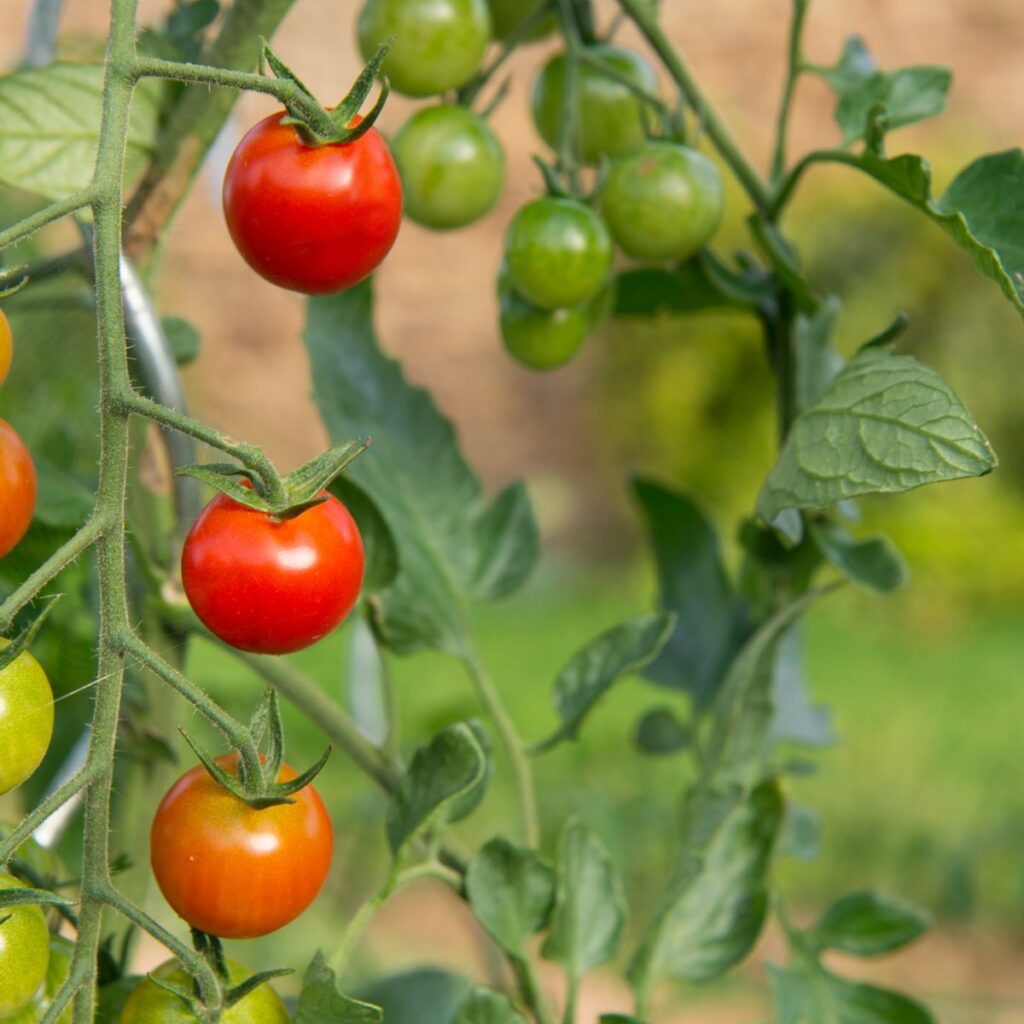
2. Eat According to the Season
Eating according to the season ensures that you consume fresh, locally sourced produce that is at its peak flavor and nutritional value. It also supports local farmers and reduces the carbon footprint associated with long-distance transportation of food.
3. Make DIY Cleaning Supplies
Make your own cleaning supplies using DIY recipes and natural ingredients. It is an eco-friendly and cost-effective approach to living a self-sufficient lifestyle.
Products you can start to make:
4. Start Composting
Start composting to reduce waste and create nutrient-rich soil for your garden. This sustainable practice promotes self-sufficiency in gardening and contributes to a healthier environment. Here’s a guide on how to compost.
5. Harvest Rainwater
Harvest rainwater by setting up a rainwater collection system. It provides a free and sustainable water source for gardening, livestock, and other non-potable uses.
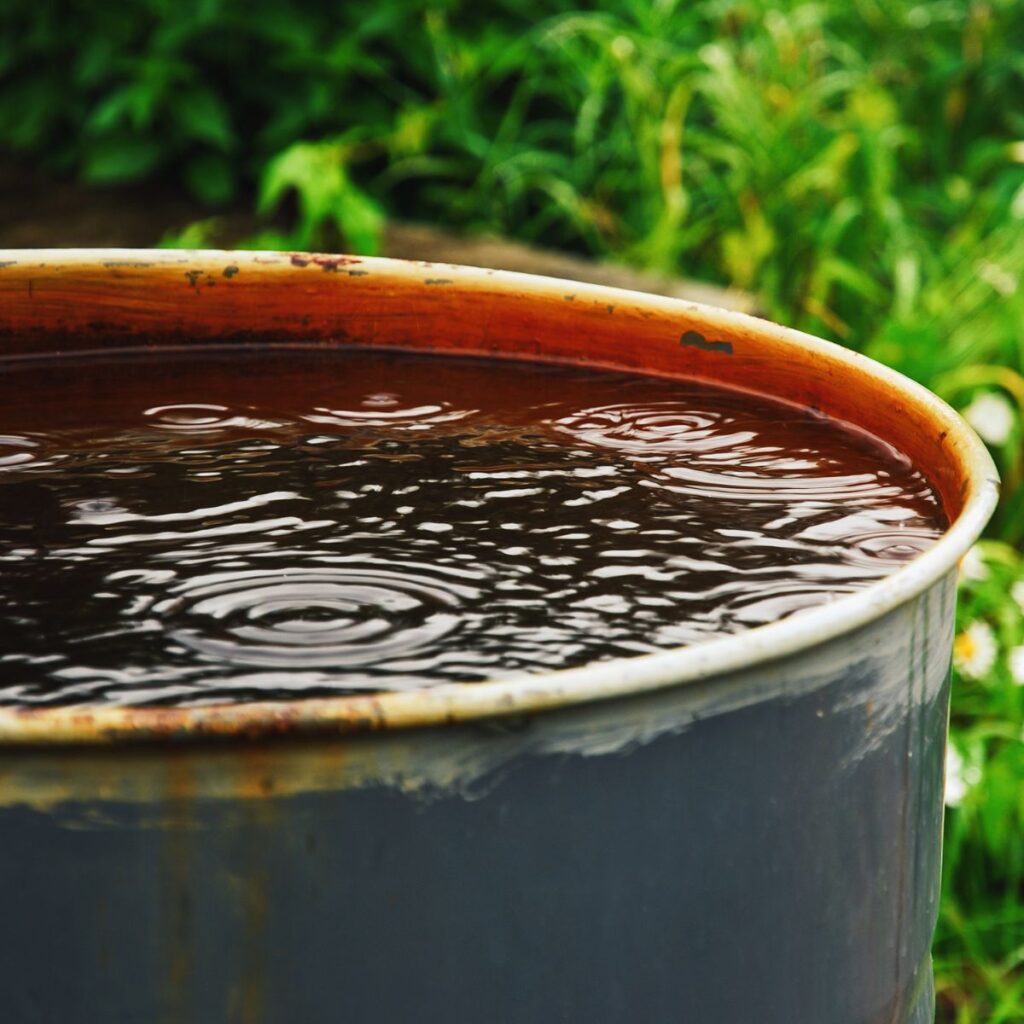
6. Learn Basic First Aid Skills
Learn basic first aid skills to handle minor injuries and illnesses. Being able to provide initial medical care can increase self-sufficiency, especially in situations where immediate access to professional medical help may be limited.
7. Provide your own source of heat
Become more self-sufficient by providing your own source of heat. Whether you Install a fireplace and heat your home with firewood or a wood-burning stove or utilize alternative heating methods like solar panels, these are paths to self-sufficiency.
8. Bake Bread from Scratch
Make your own bread at home to reduce reliance on store-bought options. Homemade bread is healthier and allows you to control the ingredients and flavors according to your preferences.
9. Learn to Cook from Scratch
Learning to cook from scratch gives you control over the ingredients, flavors, and nutritional value of your meals.
10. Learn Basic Sewing Skills
Develop basic sewing skills to mend and repair clothes, linens, and other fabric items. Fixing minor damages prolongs their lifespan and reduces the need for constant replacements.
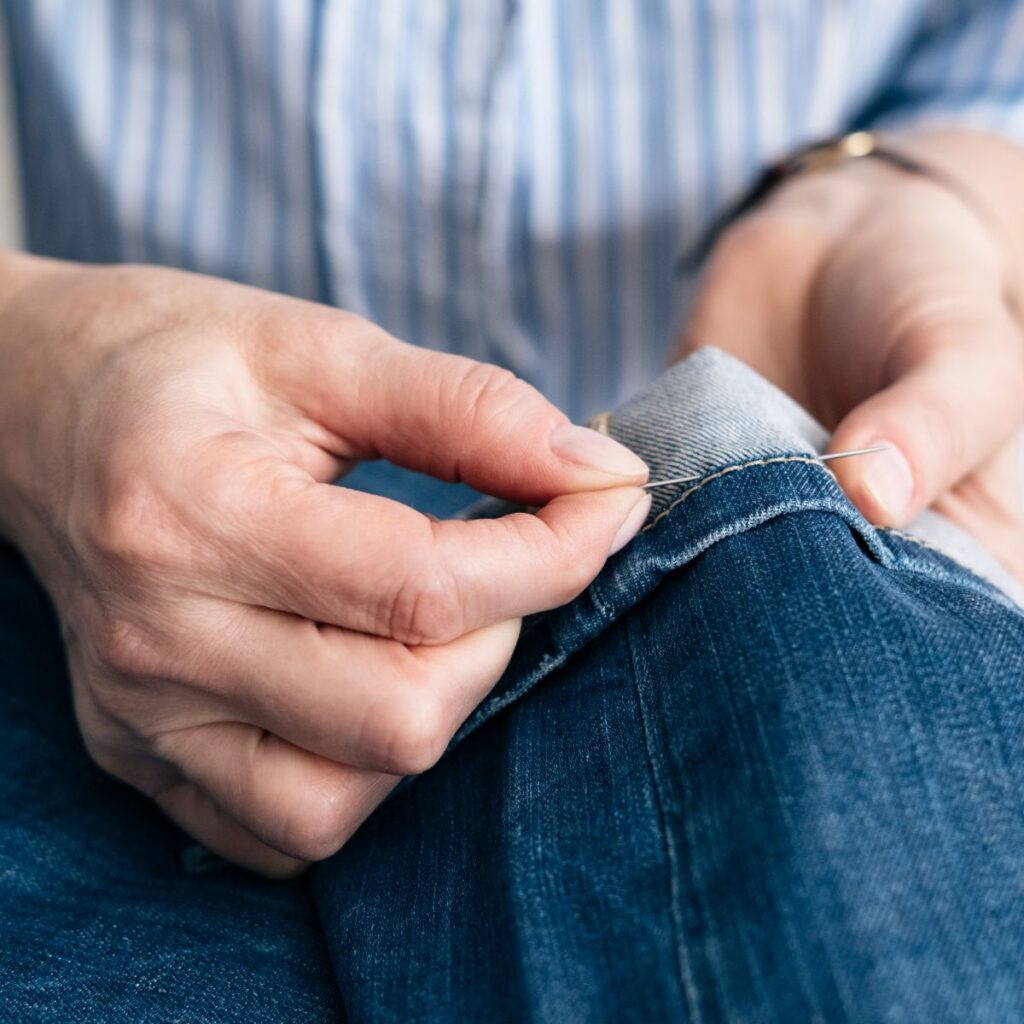
11. Practice Food Preservation Techniques
Master food preservation techniques such as canning, drying, and fermenting to extend the shelf life of perishable items. This helps to reduce waste and ensures a stable food supply even during times of scarcity.
You can Freeze Strawberries or make an Easy Homemade Strawberry Preserves or Mixed Berry Jam.
12. Generate Electricity
Generate your own electricity through renewable energy sources like solar panels or wind turbines. This increases self-sufficiency and reduces reliance on traditional power grids.
13. Fish for Food
Add a new source of protein by fishing for your food. Fishing can provide a reliable food source and reduce dependence on store-bought options. Start fishing today to supplement your diet with fresh and sustainable protein sources.
14. Go Hunting
Go hunting to acquire fresh and sustainable meat for your diet. Hunting can provide a reliable source of protein and reduce reliance on store-bought options. Enjoy the experience and supplement your meals with locally sourced, organic meat.
15. Use Natural Remedies
Keep your family healthy, and take fewer over-the-counter medicines using homemade fire cider or elderberry syrup.
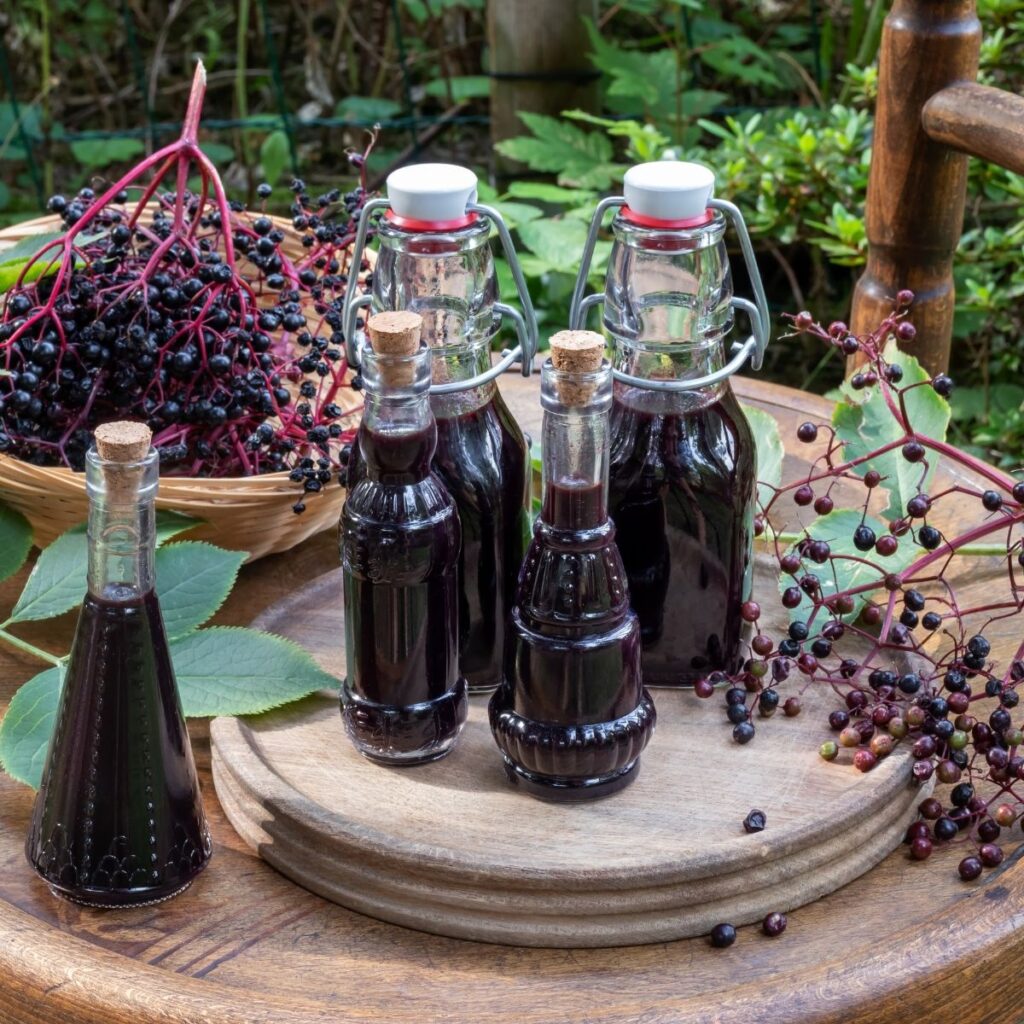
16. Make a Beverage From Scratch
Provide your own downtime rewards by making your own wine or other wildcrafted beverages.
17. De-clutter the house
Declutter the house by removing things you no longer need or want. Trash it, recycle it, or Donate it. You can even add an extra source of income by selling used clothes you no longer need.
18. Start Beekeeping
Raise bees that are good for you and good for the world! Make a plan by reading up on how to get started with beekeeping.
19. Read a Book
Take some time to increase your knowledge by reading one or two great homesteading books.
20. Involve the Kids
Get your kids more involved on the homestead by creating realistic ways for them to be involved.
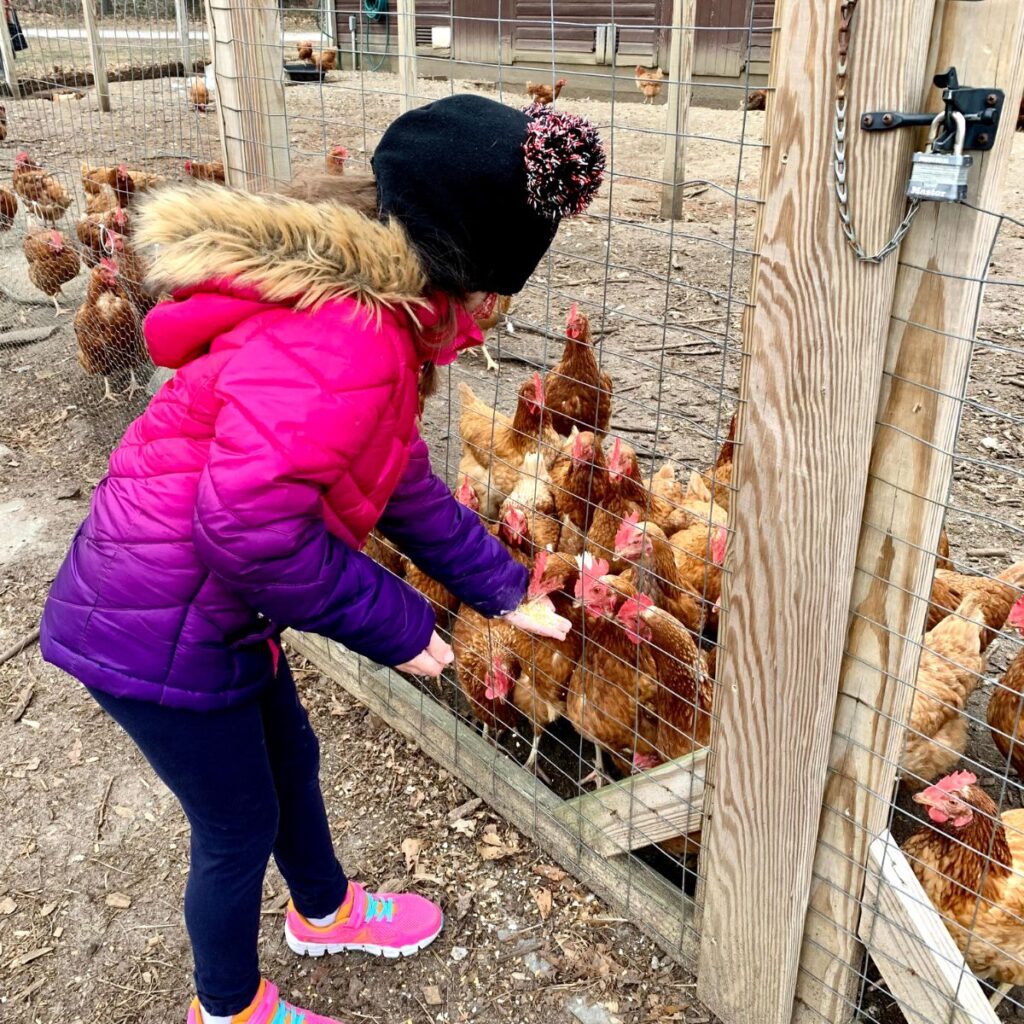
21. Raise Livestock
Add a new livestock component to your operation and provide your meat by raising meat chickens. Rear chickens or other livestock for a regular supply of eggs, meat, or dairy products.
Save money and keep healthy chickens by fermenting your own chicken feed.
22. Learn to Make a Candle
Using simple materials and techniques, you can easily learn how to make candles at home. Making your candles can be a fun and creative activity that allows you to customize the colors, scents, and designs according to your preferences.
By learning this skill, you can save money on buying candles and be satisfied with creating something useful and beautiful.
23. Air Dry Your Clothes
Reduce your reliance on electricity or gas-powered dryers by air drying your clothes. Air drying also helps save energy, reduces your carbon footprint, and prolongs the lifespan of your clothes.
24. Why Stock Up Food Your Food Pantry
Stocking up your food pantry ensures an emergency food supply during times of scarcity or unforeseen circumstances. It provides peace of mind and helps you be prepared for any situation
25. Improve Your DIY Skills
Take the time to improve your DIY skills, and you’ll be able to tackle a wide range of projects around your home, saving money on hiring professionals and gaining a sense of accomplishment.
26. Buy Paper, Not Plastic
Buying paper instead of plastic helps reduce plastic waste and its negative environmental impact. Paper is biodegradable and recyclable, making it a more sustainable choice.
27. Tap A Maple Tree
Depending on where you live, you can tap your own maple tree. Great way to be self-reliant.
28. Fix Your Own Car
Going to the mechanic to fix minor things on your car can add up and become expensive. Learning how to fix your car and fix minor maintenance issues will take you far. Learn to fix a tire, wash your car, and change oil. There are so many things you can do on your own.
